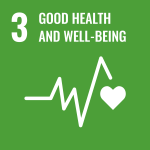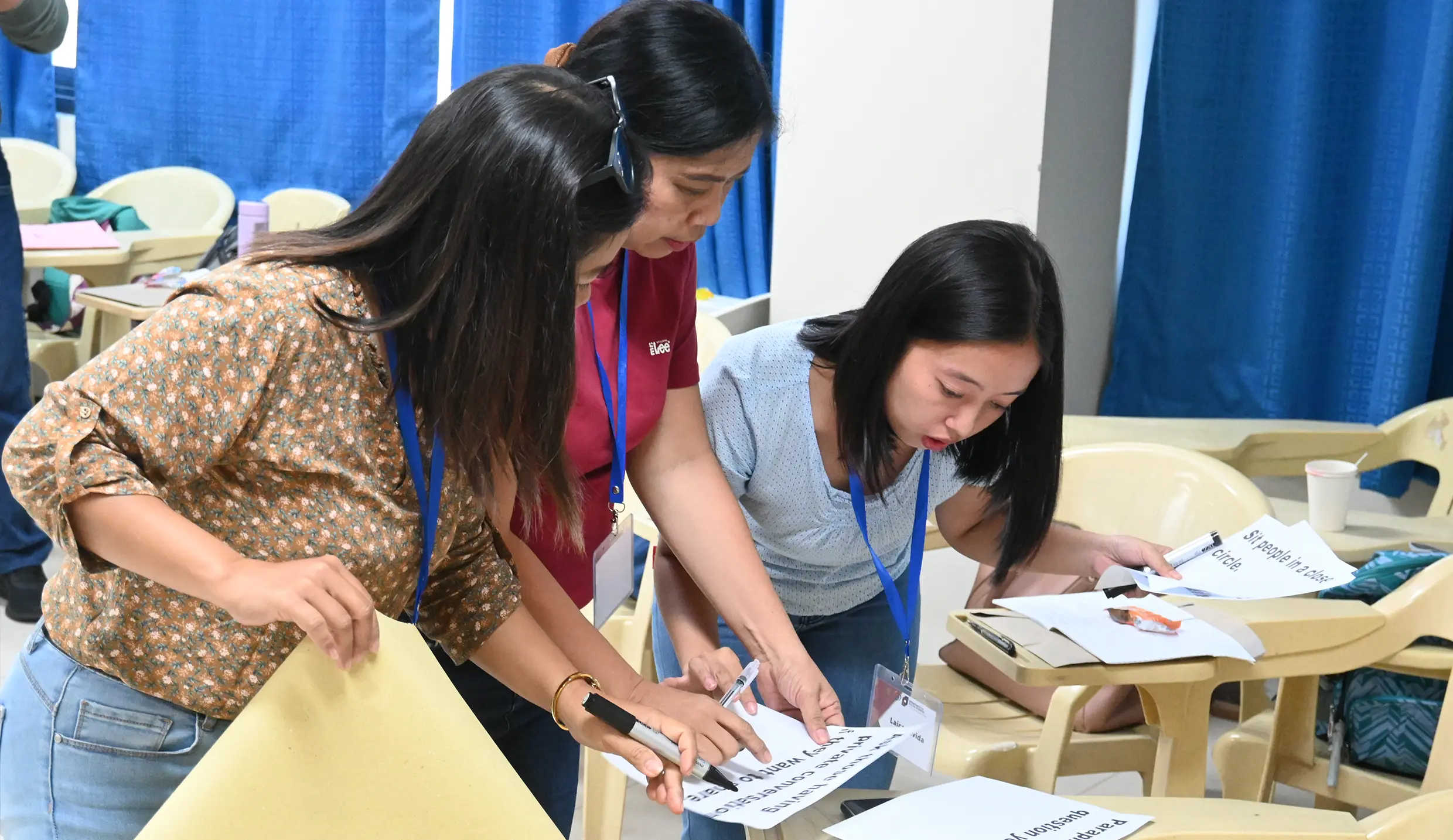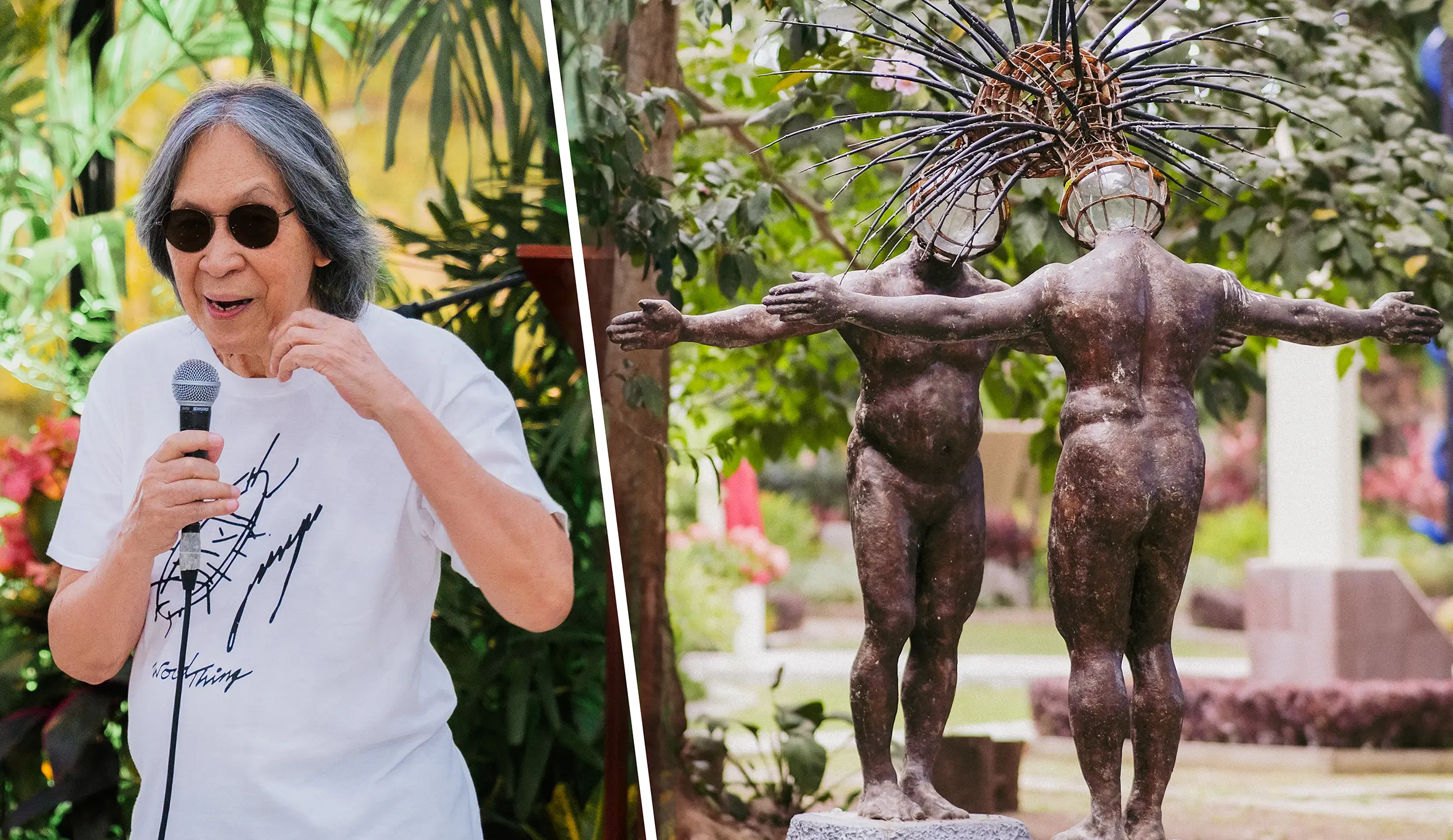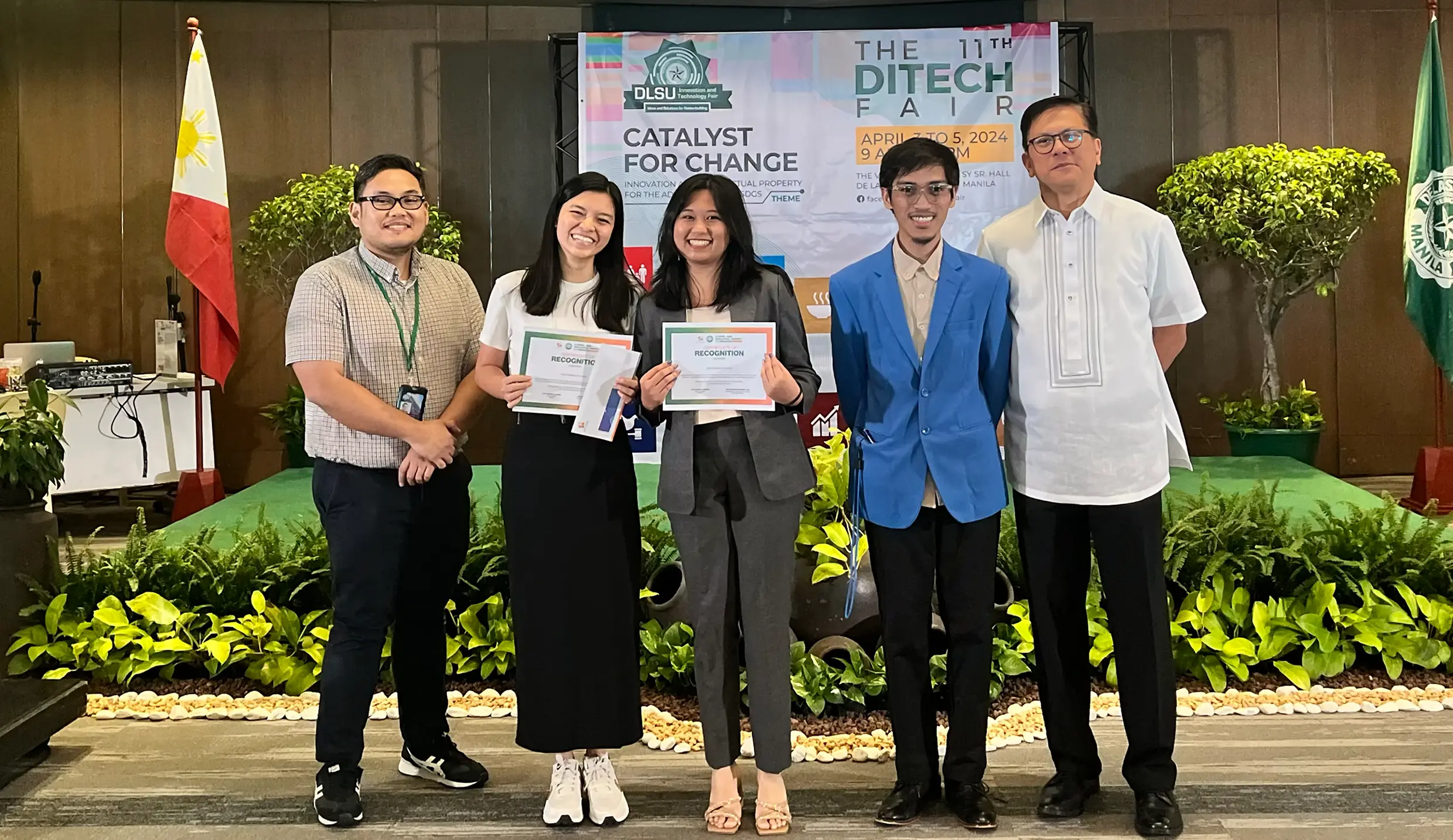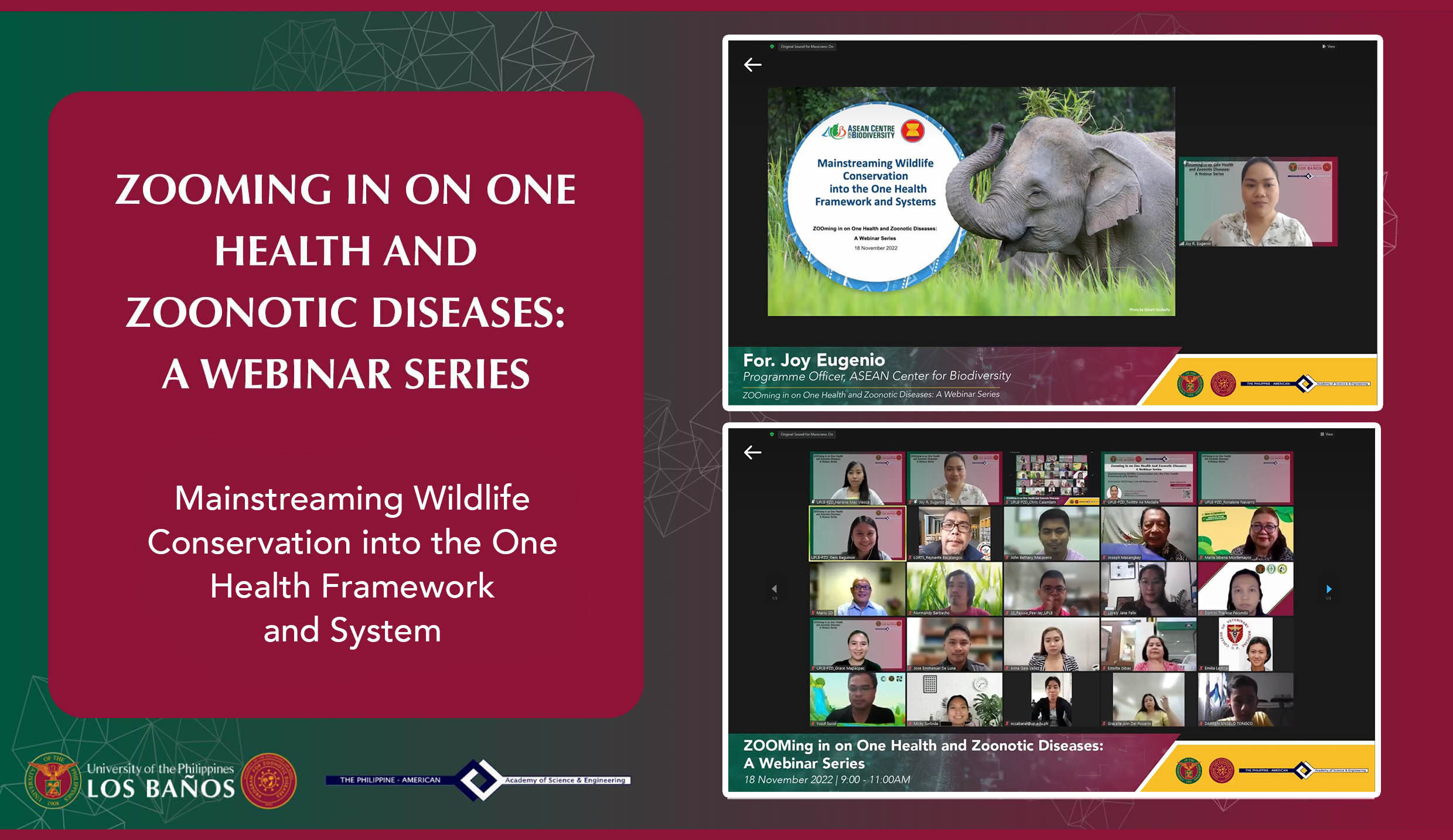
To further raise awareness on the One Health Approach and zoonotic diseases, the UPLB Program for Zoonotic Diseases (PZD), together with the Philippine-American Academy for Science and Engineering (PAASE), held the third installment of the “ZOOming in on One Health and Zoonotic Disease Webinar Series” on Nov. 18.
The resource speaker for the webinar was Joy Eugenio, a licensed forester and the programme officer of the Programme Development and Implementation Unit at the ASEAN Centre for Biodiversity (ACB).
Eugenio talked about “Mainstreaming Wildlife Conservation into the One Health Framework and System,” where she spoke about biodiversity in the ASEAN region, disease emergence, and the programs of the ACB that tackle these issues.
Eugenio began her talk with an introduction to biodiversity and the One Health Approach. The Convention on Biological Diversity (CBD) expanded the definition of One Health to recognize the close links and interdependence of the health of humans, animals, plants, and ecosystems. It organizes sectors, disciplines, and communities to work together to tackle threats to health and ecosystems.
She identified the possible gaps in the current One Health Approach: the lack of focus on biodiversity and ecosystem and the minimal involvement of environmental professionals in it. She gave recommendations for mainstreaming biodiversity concerns into the One Health approach.
Eugenio said that being rich in biodiversity makes the ASEAN region vulnerable to new and emerging diseases. The region struggled against COVID-19 despite sufficiently handling past zoonotic diseases.
She pointed out the need to shift to a long-term perspective that integrates biodiversity and addresses the root causes of zoonotic diseases and pandemics.
Eugenio concluded her presentation by showcasing the initiatives done by the ACB towards pandemic recovery, like coming up with the ASEAN comprehensive recovery framework with biodiversity as its core principle. She also presented other activities related to research, education, advocacy, and capacity building of ACB.
One of ACB’s projects is the ASEAN Biodiversity Dashboard, which is designed to visualize scientific and geographic data superimposed on a map of the region. It is meant to assist decision and policymaking by providing data on the region’s biodiversity.
The dashboard is continuously updated during zoonosis outbreaks with data that goes back to 2005. Information on various species, such as their distribution and habitat, is also available on the dashboard.
Eugenio said that biodiversity, climate change, and zoonotic diseases are cross-cutting issues integral to preventing the next pandemic.
The environmental sector, she pointed out, should not be left alone to handle conservation and sustainability, as repercussions from negligence affect economies, health, and the survival of the current generation and the next.
This webinar and the previous episodes may be viewed on the UPLB Program for Zoonotic Diseases’ official Facebook Page. (Antoinette Sia)



